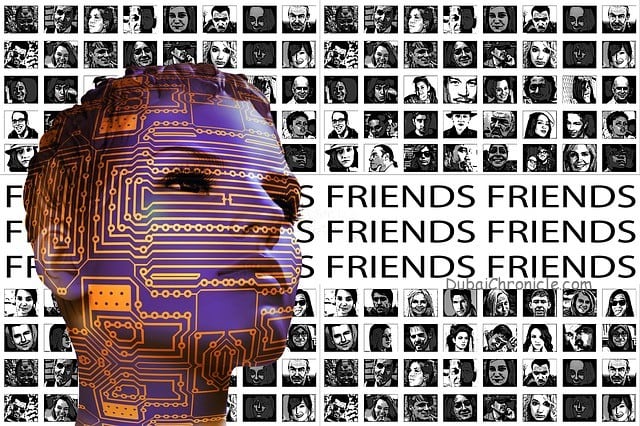
If you have troubles sleeping, look no further than your social media addiction.Frequent social media users are at a significantly higher risk of sleep problems than those who are less keen on using social platforms, according to a study of 1,788 adults ages 10 to 32 by researchers at the University of Pittsburgh. The study, which will be published in the April issue of the journal Preventative Medicine, asked about time spent on these social media platforms. The participants are citing Facebook, YouTube, Twitter, Google Plus, Instagram, Snapchat, Reddit, Tumblr, Pinterest, Vine and LinkedIn as their most preferred online hangouts.
The new study is one of the first pieces of evidence that social media use really can impact your sleep.
On average, the surveyed group of young adults used social media for 61 minutes each day and visited different social media sites roughly 30 times a week. Nearly 1 in 3 of them reported high levels of sleep disturbances.
Those who most often looked at their social media accounts had three times the likelihood of sleep disturbances, compared with the group that looked least frequently. Those who spent the most total time on social media had twice the risk of sleep disturbances.
The frequency of social media visits is a better predictor of sleep difficulty than overall time spent on social media. So, interventions that counter obsessive ‘checking’ behavior may be most effective.
This study bolsters other research that shows computer use in general, not just for social media, can impair sleep. A 2012 study of more than 1,400 young adults from researchers at the University of Gothenburg found that frequent computer use led not only to sleep disturbances, but also to depression and stress. It is easy to spend more time than planned at the computer working, gaming, or chatting. But such activities lead to time pressure, neglect of other activities and personal needs such as social interaction, sleep, physical activity, as well as bad ergonomics, and mental overload.
Millions of people already suffer from have sleep or wakefulness disorders and already get insufficient sleep. This is an issue called a “public health problem” and it is linked to motor vehicle crashes, industrial disasters, medical and other occupational errors.
And while those are extreme cases, there are plenty of other, less severe but still life-altering, side effects of a lack of sleep. Lack of sleep impairs ability to concentrate, to remember things and even to drive and take care of financial affairs.




































